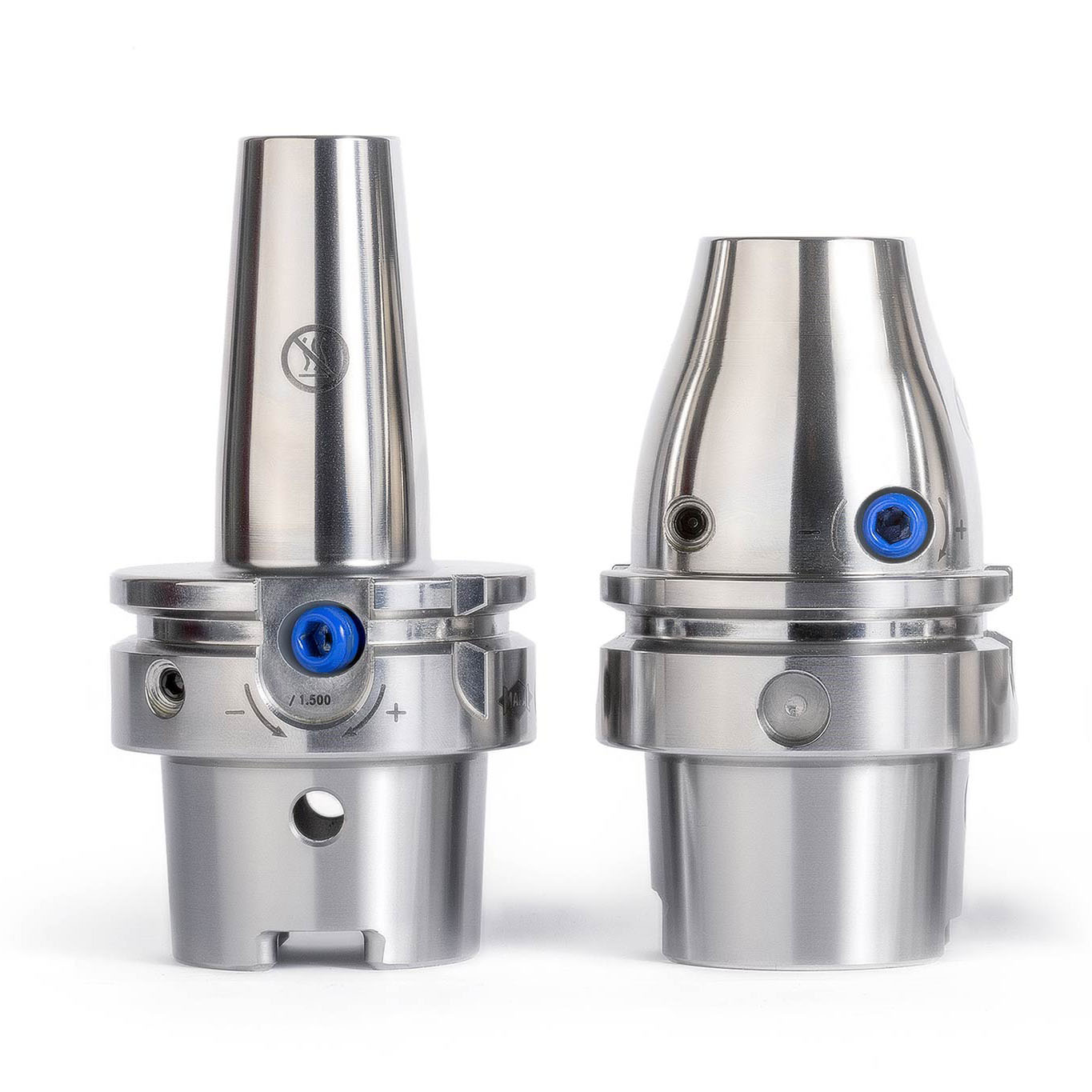19.04.2021
New structures
MAPAL has undergone an internal reorganisation and is refining its product and market management. By interlinking functional areas more closely, the company wants to accelerate the pace of innovation. In our interview with Jacek Kruszynski, the CTO explained why the workpiece is at the forefront now more than ever.
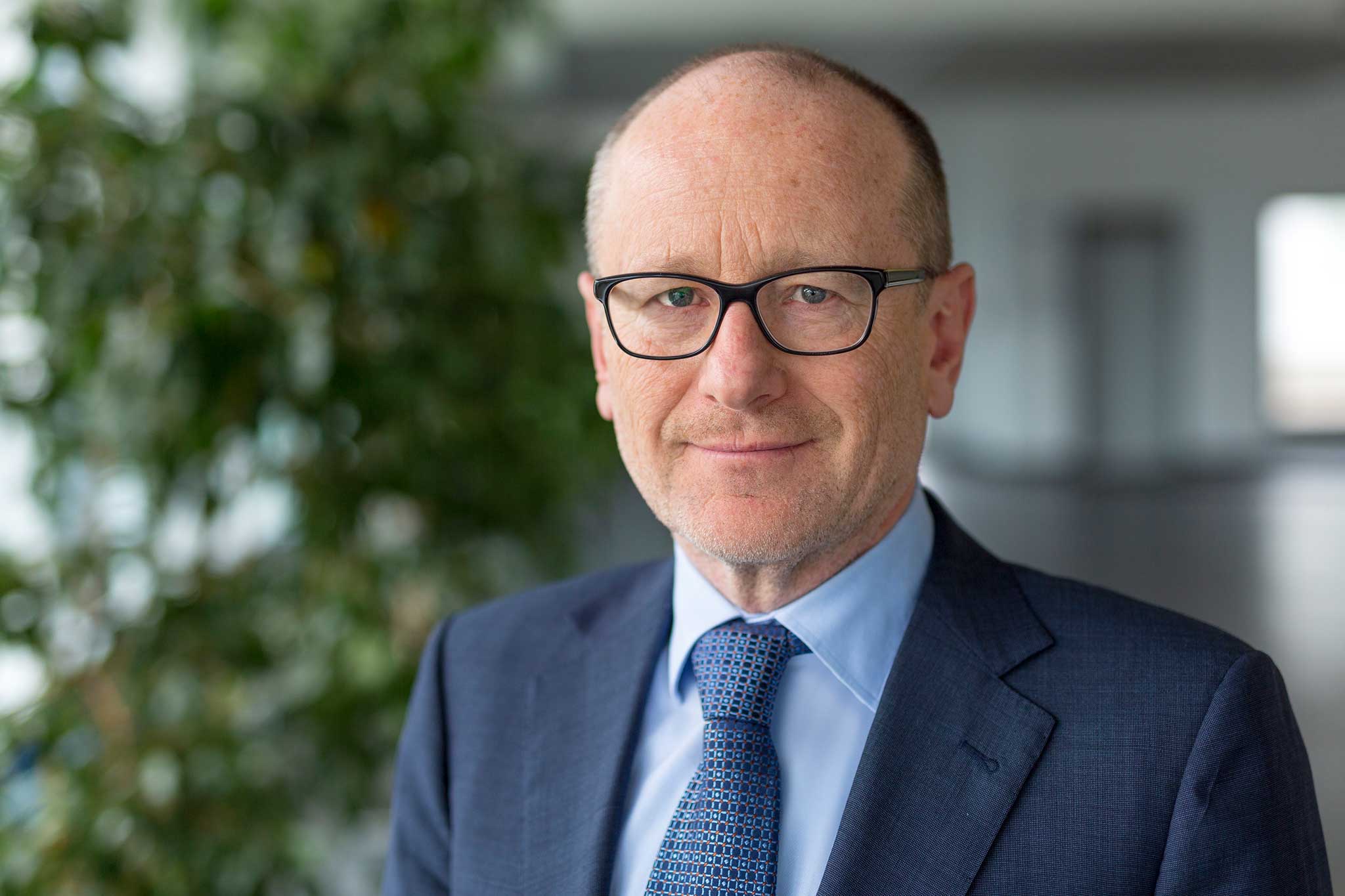
Faster processes and even more customer service
Mr Kruszynski, as Chief Technical Officer, you were involved in realigning the organisation at MAPAL, particularly with regards to future product management and the processing of individual market segments. Which objectives does MAPAL associate with this restructuring?
As you are aware, the industry is currently facing huge challenges – just think of new mobility, the digital transformation or sustainability. We have to keep up with these developments. Reorganising our processes is therefore a key element of our structural programme for 2022.
How exactly does this programme, or process reorganisation look?
We want to be able to serve our customers even better in future by greatly reducing lead times for different business processes, such as offer processing or tool configuration. In order to achieve this goal, we have reduced connections, defined clear responsibilities and merged equal or similar tasks. We also want to transfer issues that were previously project-based into our daily work. For us, this is specifically about tapping new markets, interlinking internal processes more closely and creating additional sales channels.
MAPAL is also turning to new market segments where the company has not yet had a strong representation. Is this the beginning of a gradual withdrawal from the automotive industry?
While it is true that we have been recently dealing with new sectors where we were less active in the past, that does not mean that we are rolling back our involvement in our traditional markets, such as the automotive industry. Quite the opposite. Many of our core competencies are in the automotive sector. For this reason, we will be working with this sector and its technological developments more intensively than ever. We aspire to be the leading precision tool manufacturer and solution provider in the automotive sector, both in the field of conventional powertrains and in e-mobility. We are well equipped for both developments and are therefore pursuing a dual strategy. Our approach is to push forward new technologies and look for e-mobility fields where we can make the most of our skills. At the same time, our research and development engineers are working hard to optimise existing technologies.
How is MAPAL generating the necessary resources to work in new sectors and fields of application? Surely this means increased costs, such as in product development, logistics, marketing and customer support?
We are well prepared for the upcoming tasks. By restructuring our processes, we are freeing up additional space and creating more efficiency along the entire process chain. We have defined new areas of responsibility and recruited specialists to deal exclusively with individual market segments.
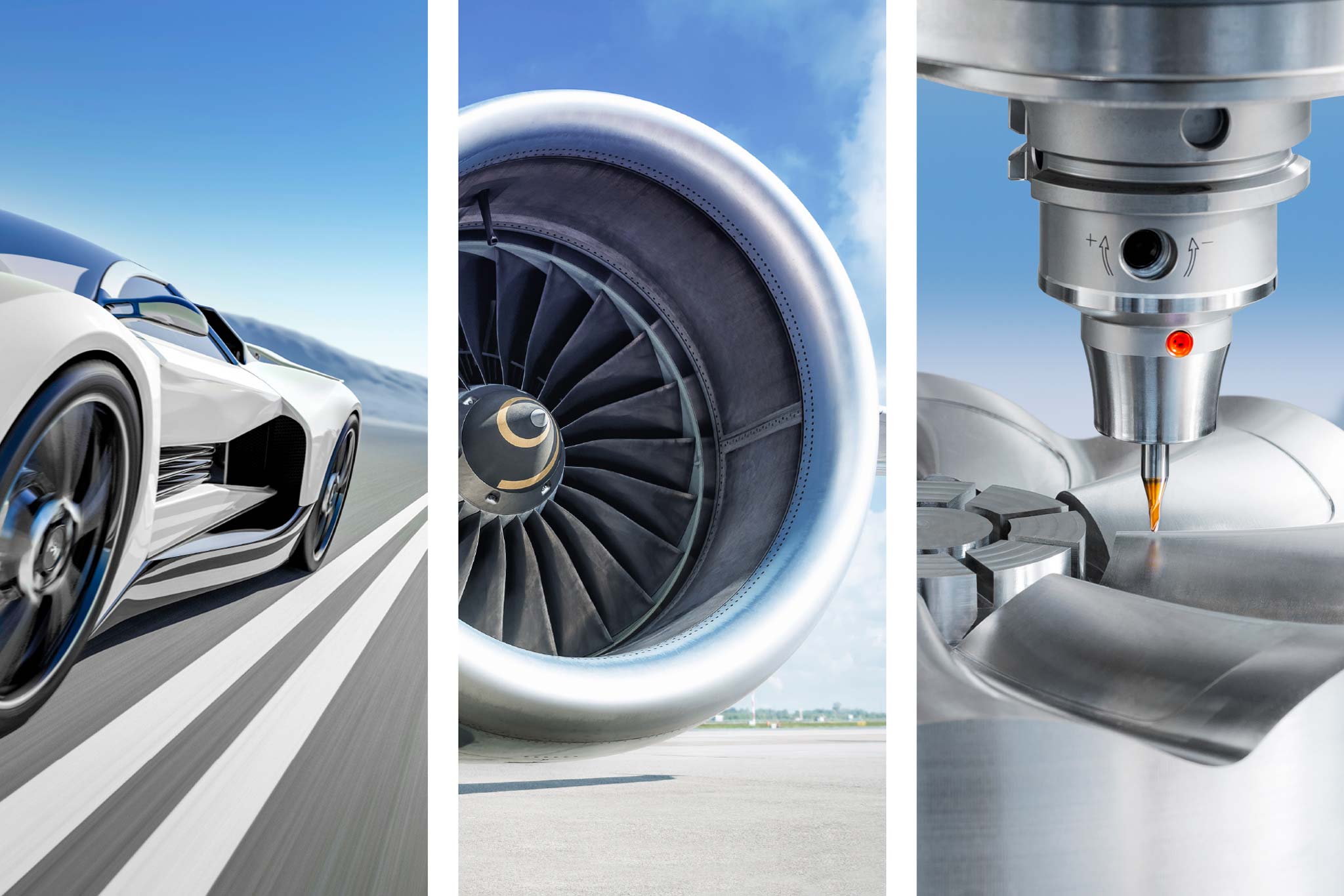
To which other sectors of general machining as well as die and mould making will belong in the future?
That is right. When people think of MAPAL, until now they mainly thought of applications in the automotive industry. But there are a variety of applications outside of this sector. I can see good applications for MAPAL tools in the food industry, in the optics, medicine and media sectors as well as in the die & mould sector. Even mobility, in general terms, is a fixed part of our human existence. People move, whether on foot, with their own vehicle or other means of transport such as ships, trains or airplanes. This too offers even more areas of application.
What are some examples of these?
Think of the transportation of all kinds of energy sources. Parts such as compressors, units or valves require a variety of machining processes. This includes bores that have to be created with a high level of precision. Parts like these are therefore perfect for micrometre-precision machining with MAPAL tools.
What makes the die & mould sector so interesting for MAPAL?
That is easy to explain. Moulds are used for all kinds of applications. We need them for everything in our daily lives, whether that be household appliances, transportation or medical and visual aids. For this reason, we are devoting ourselves to this vast field and dealing with all applications, parts and components that overlap with our skills in precision machining.
What exactly does that mean?
If the applications fit into our programme, we will serve them. Furthermore, we are constantly developing our portfolio further and expanding it to include products and services that are necessary to provide our customers with a full service. And always with the approach that the component is at the forefront.
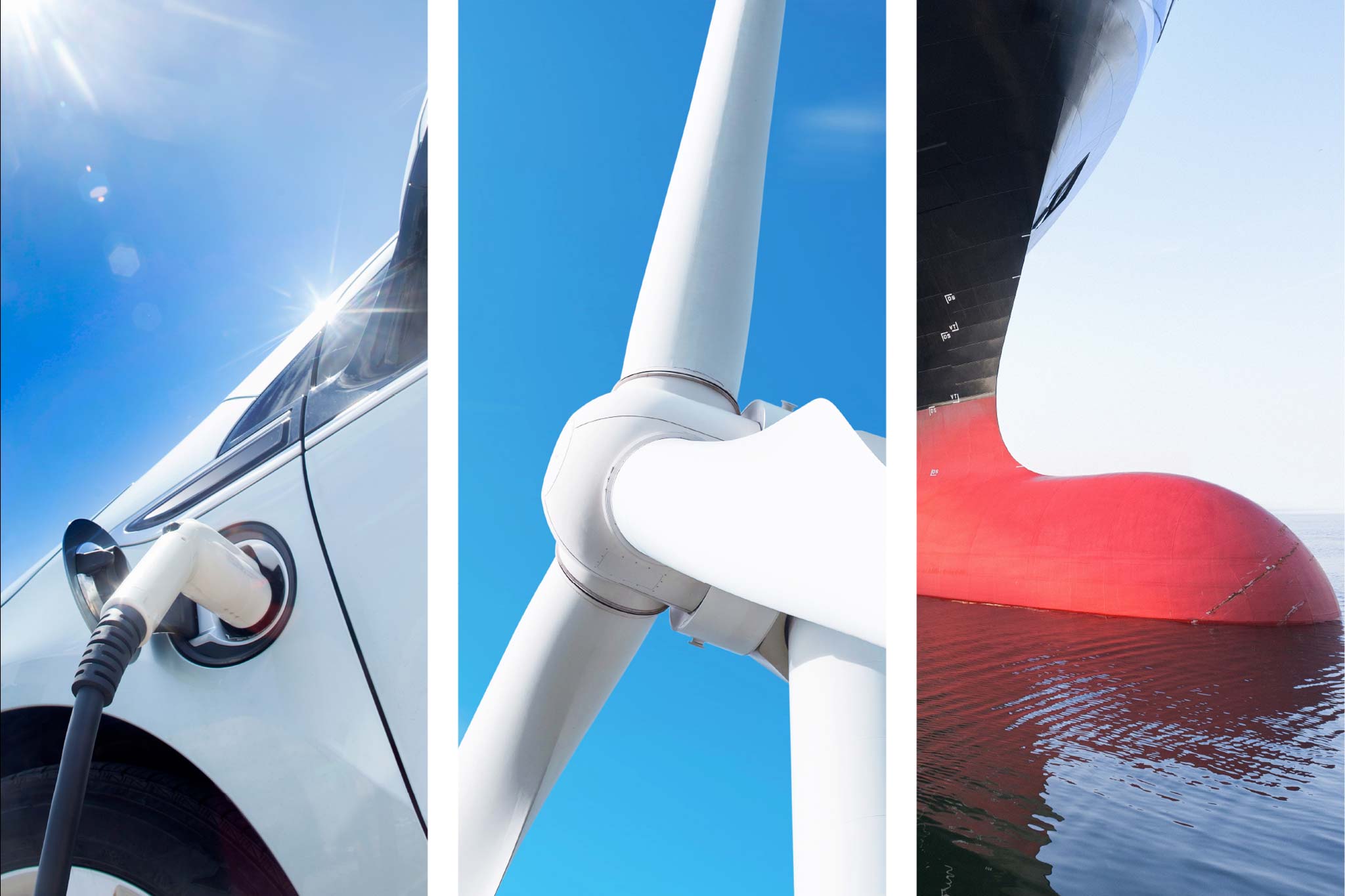
How vast is the scope of the new structures?
We have established comprehensive market segment management so that our international sites and sales partners will be able to work together even better in future. The new structures ensure a global transfer of expertise, which benefits the customer. The entirety of our sound knowledge is therefore state of the art – at any time, in any place. This is also the main reason why we have set up product, application and segment management for every market segment, with a team of specialists to exclusively deal with each area. After all, our focus is not solely on developing a marketable product – we look at the entire application and examine the machining process very closely. As already mentioned, the part is always at the forefront at MAPAL.
Have changes also been made to the MAPAL product portfolio?
Our product range is already highly diversified. Naturally, however, we perform regular analyses as part of our product lifecycle management. We check the extent to which the current portfolio is meeting our customers’ future requirements and then focus on developing new products so that we can provide a full service for all areasof application. With regards to the die & mould sector, we offer more than just tools for drilling and milling. Our range also includes reaming and clamping tools, as well as dispensing and measuring devices. We also offer tool management and digital services and advise customers on how they can reduce their part costs long term. The MAPAL programme goes far beyond the actual tool.
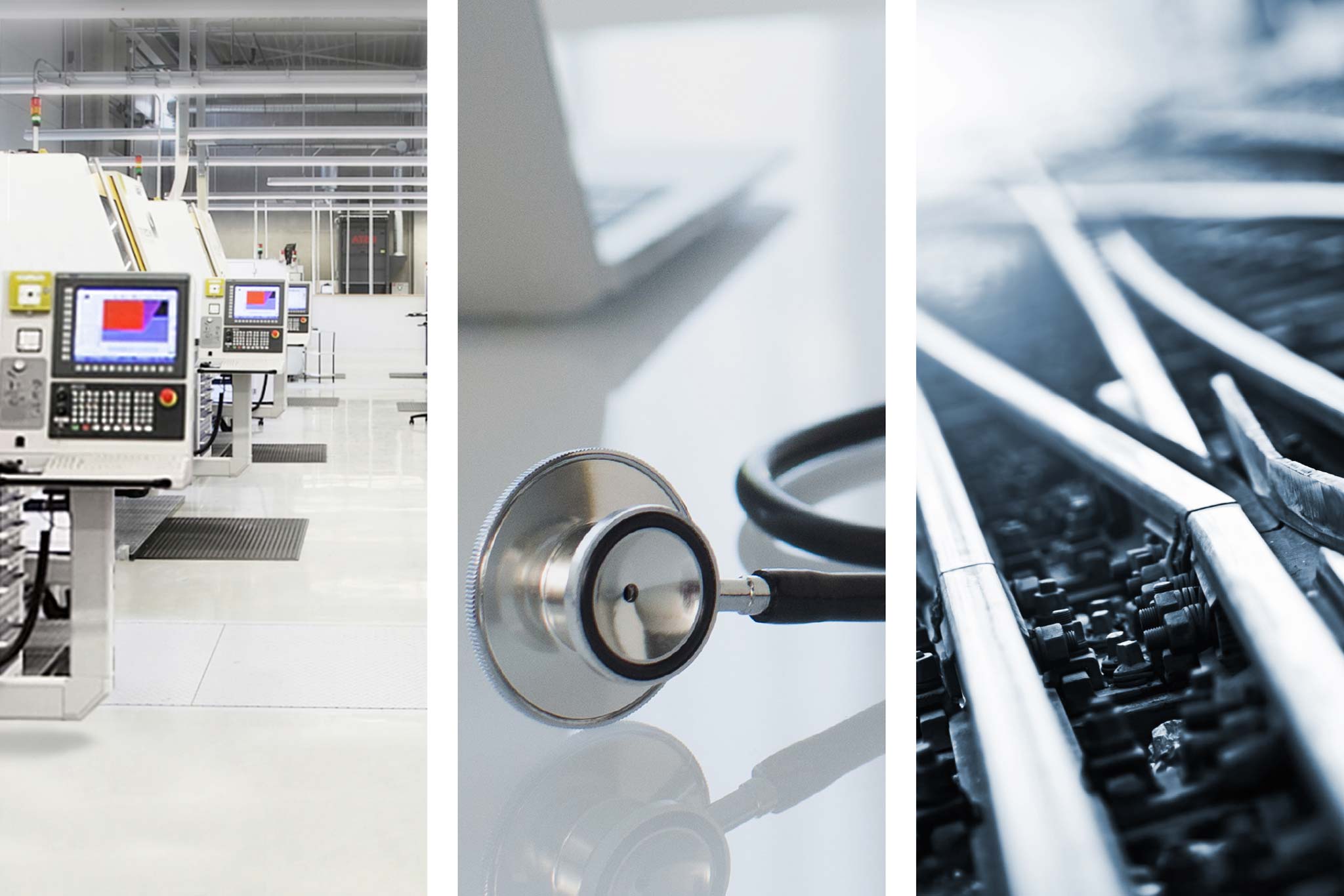
Which national markets will be impacted by the reorganisation first?
We are initially concentrating on our core markets, that is, the DACH region, China and the USA and introducing the new structures there. In general, however, we plan to go everywhere our customers are. And if our customers are connected, we will follow these connections. In the automotive sector, we want to focus on regions where e-mobility is gaining ground. In the aviation sector, we are currently increasing our focus on markets such as China and Turkey.
How important is international cooperation within the MAPAL Group?
We consider it one of our core tasks to increase communication with our international sites and sales partners. We have established the requirements for this by implementing digital tools and exchange platforms as well as training and information offers. The purpose of this is to create a MAPAL community. Knowledge is a megatrend. Young people handle knowledge very differently and we therefore want to use all possible options for knowledge sharing by consistently expanding digital possibilities.
Has the COVID-19 pandemic impacted the introduction of the new structures?
The pandemic has not significantly affected the reorganisation of MAPAL. We had already started to gradually introduce the new structures two years ago. However, the corona virus allowed us to take more time to develop or consolidate certain projects in greater detail. The pandemic even accelerated some of our projects, such as the digitalisation of data and processes and the use of new communication channels.
What is planned for the near future?
Applications such as machine learning and the digitalisation of engineering processes are going to become more important. They offer us a variety of ways to support customers with their machining tasks. We will be dealing with the implementation and use of such tools even more in the coming months.
Thank you for the interview.
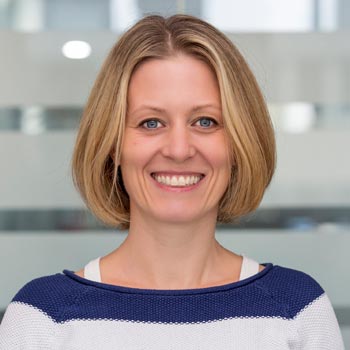
Contact
Kathrin Rehor Public Relations Kathrin.Rehor@mapal.com Phone: +49 7361 585 3342
